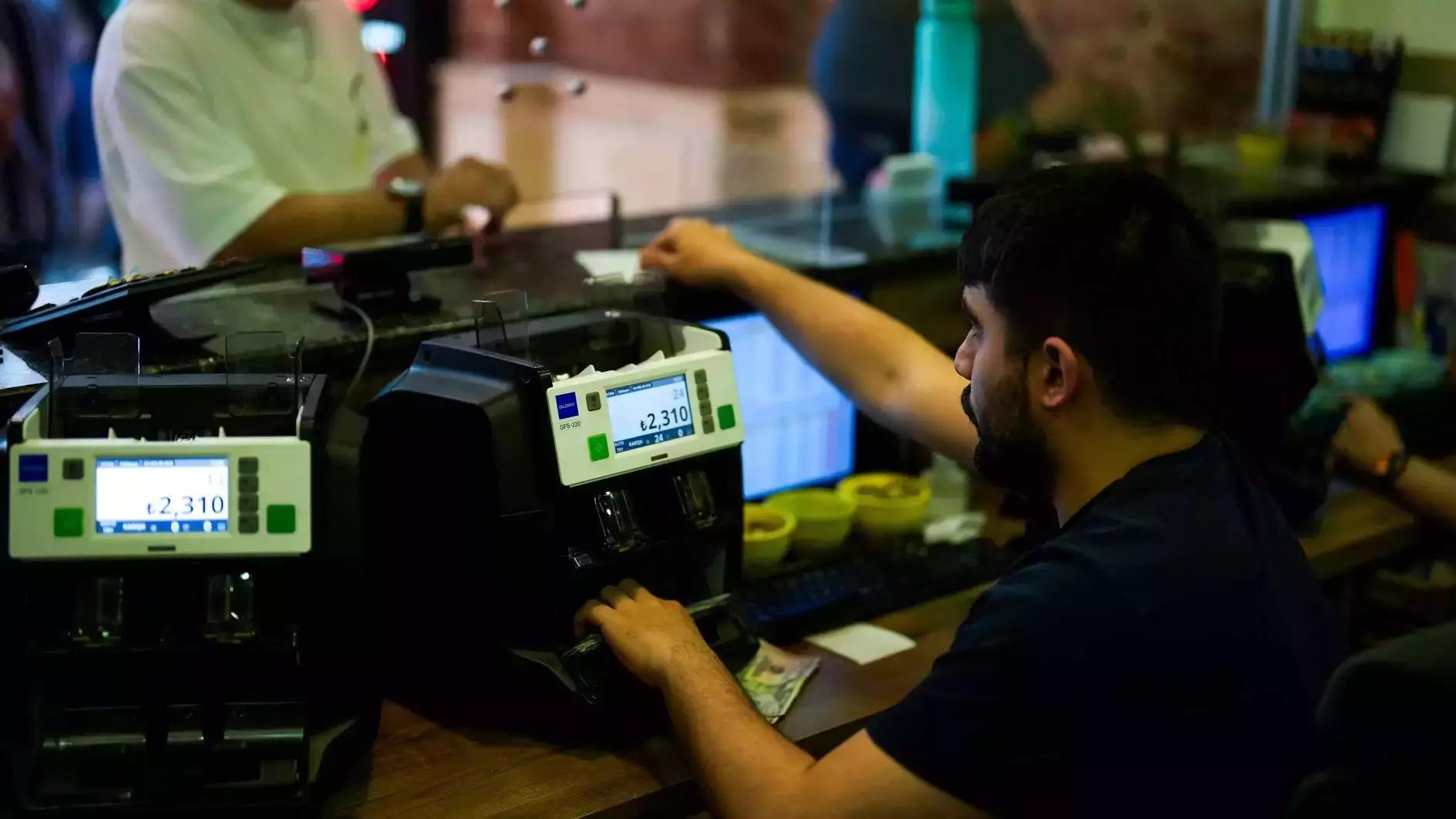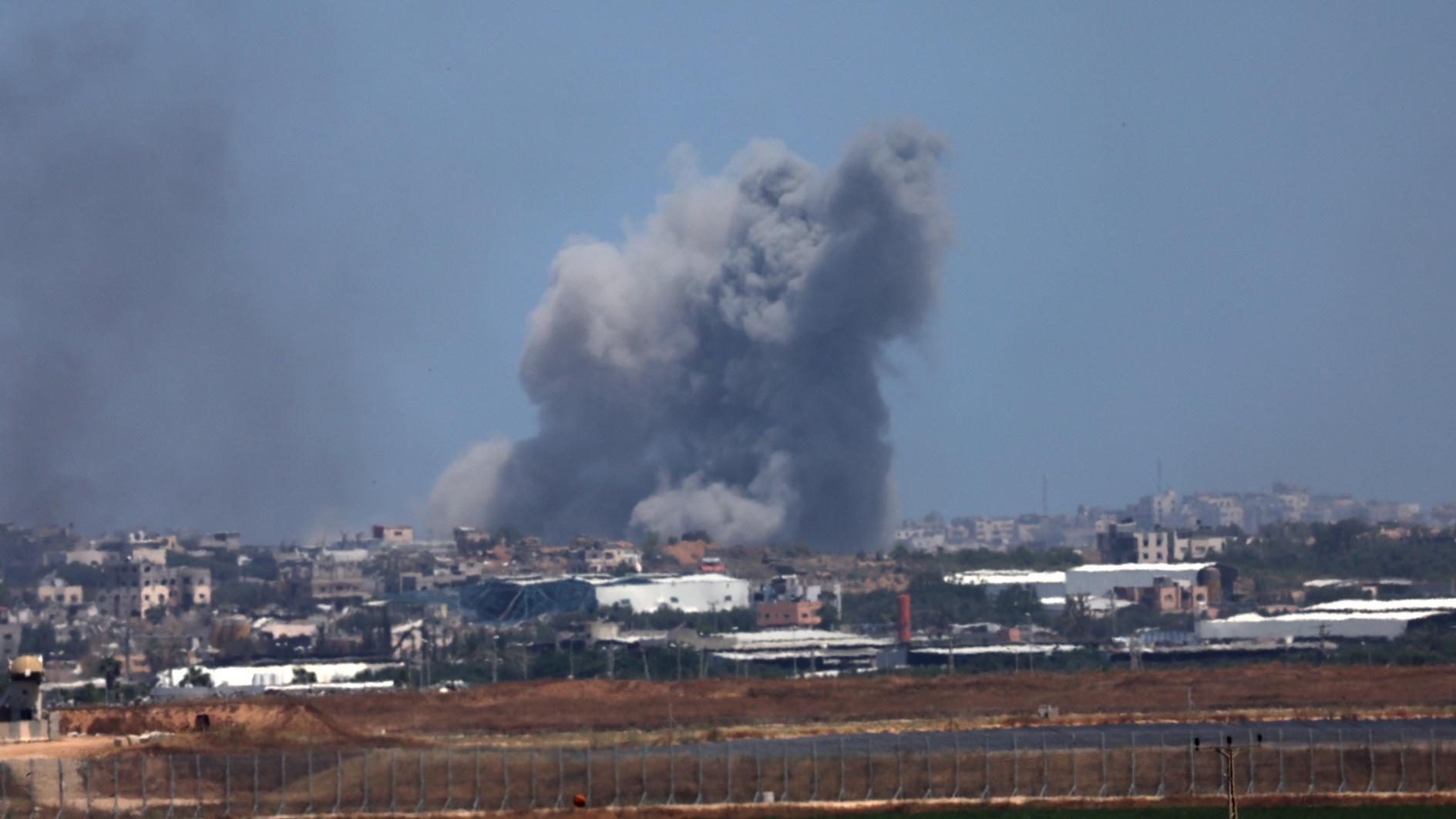Peace process necessitates revision in foreign policy
The Turkish government’s efforts to reconcile with pro-Kurdish groups with an ultimate goal of disarming the outlawed Kurdistan Workers’ Party (PKK) seems to have lost its pace following the killings of three prominent Kurdish militants in Paris on Jan. 9. There are expectations of a second high-level visit to İmralı island, where the PKK’s convicted leader Abdullah Öcalan is serving a life sentence, by senior figures from the Peace and Democracy Party (BDP). However, neither the date nor the composition of the delegation has been finalized yet.
Turkish public opinion is also unknowledgeable on the content of the negotiations between the government (through the National Intelligence Organization – MİT) and Öcalan, therefore the PKK.
While the main opposition Republican People’s Party (CHP) continues its cautious stance regarding the process, the Nationalist Movement Party (MHP) leveled its serious opposition to the process, calling its fellows to resist. As one can imagine, leaders will continue to harshly slam each other, to use tough language in repetition of scenes from barren Turkish domestic politics.
Unlike in domestic scenes, however, there are important developments with regard to Turkey’s foreign policy, reflecting the effects of the peace process inside Turkey. These developments would also have repercussions on Ankara-Washington ties as the latter has just started its second term under President Barack Obama with his new foreign and intelligence team.
On Syria, for example: After Foreign Minister Ahmet Davutoğlu confessed that Turkey has been left alone in its bid to topple the Bashar al-Assad regime to lead a political transition in its southern neighbor, one can realize that this issue is no longer hitting the top of Turkey’s agenda, as it was throughout 2012. Indications show that Feridun Sinirlioğlu, undersecretary of the Foreign Ministry, was told by his American counterparts that Washington was not mulling its position vis-a-vis Syria and that an upcoming meeting with new U.S. Secretary of State John Kerry will not change its stance either.
Obama said once again that he will not send troops abroad and that he won’t engage in a military offensive.
Ankara and Washington seem to differ on tension between Turkey and Iraq over the former’s attempt to make lucrative oil and gas deals with the autonomous Iraqi Kurdistan government. Sinirlioğlu addressed this issue in his meetings last week in Washington as well.
Foreign observers do not hide their curiosity whether Ankara will try to test its limits on these problematic issues (including disagreement over Iran) or will adopt a more conciliatory stance. For a government that highlights peace and reconciliation to solve its terror problem, continuing a more aggressive policy beyond its borders would be inconsistent. Giving the impression that it won’t be disturbed by the creation of an independent Kurdish state in northern Iraq would only add more inconsistency for a government that is trying to keep its own Kurds loyal to Turkey.
The peace process with the Kurds made it necessary for the government to revise its foreign policy.











